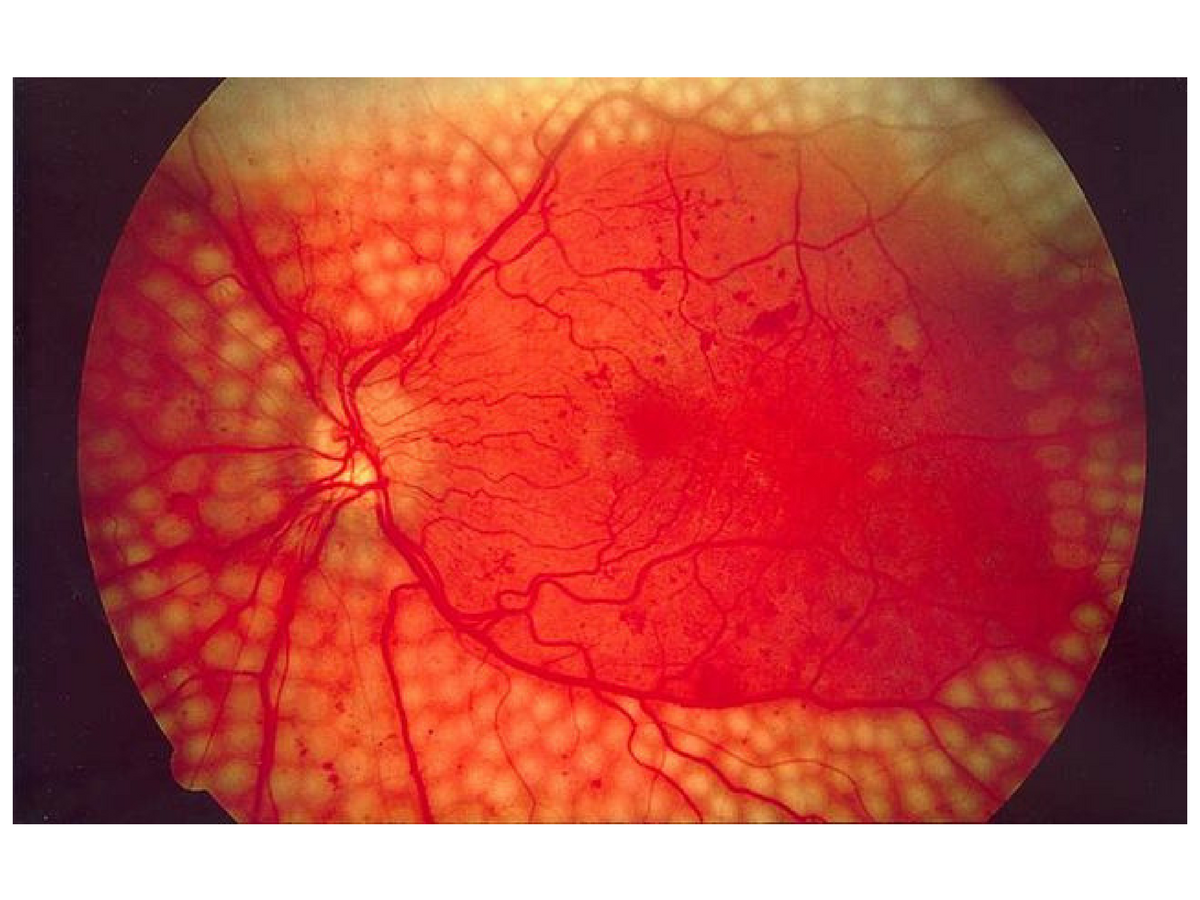Watch Out For These Diabetic Eye Problems
 Eye disease is a common health concern for people living with both type one and type two diabetes. In fact, diabetes (specifically diabetic retinopathy) has proved to be the primary cause of visual impairment and legal blindness in the United States.
Eye disease is a common health concern for people living with both type one and type two diabetes. In fact, diabetes (specifically diabetic retinopathy) has proved to be the primary cause of visual impairment and legal blindness in the United States.
Susceptibility to diabetic eye disease may be increased by a number of factors, including:
- How long you’ve been diabetic
- How well you control your blood sugar levels
- How high your blood pressure and cholesterol levels are
- How often you use tobacco products
- Pregnancy
- Being African American, Hispanic, or Native American
Diabetic Retinopathy
Diabetic retinopathy occurs when high blood sugar levels damage the blood vessels in the retina causing them to swell or leak. In more serious cases, retinal blood vessels can close completely, and sometimes, new blood vessels will grow on the retina to compensate for the restricted circulation. All of these eye abnormalities can impair your vision.
In the early stages of diabetic retinopathy, you might not experience any symptoms. As the eye disease progresses, you’ll notice changes to your vision. Some of which may include:
- Seeing dark spots or strings (floaters)
- Blurry vision
- Vision fluctuating from normal to poor and back again
- Changes in color vision
- Impaired vision — seeing dark or empty areas or complete vision loss
Diabetic Macular Edema
Diabetic macular edema (DME) is a serious eye condition caused by the fluid built up inside the retina as a result of diabetic retinopathy. DME symptoms are similar to diabetic retinopathy symptoms, but most often more severe.
If you’re diabetic and have been experiencing any of the eye problems listed above, please schedule an appointment with your ophthalmologist right away. The faster they can diagnose the problem, the better your chances of recovery.
While diabetics do have a higher risk for blindness than people without diabetes, most diabetic eye problems are minor. Scheduling an annual eye exam with your ophthalmologist is the best way to detect any abnormalities early and prevent them from developing into something more serious. If you don’t already have an ophthalmologist you love, come meet one of ours! You can request an appointment by calling 865-579-3920 or filling out this online form .


MORRISTOWN
SEVIERVILLE
TENNESSEE VALLEY - LASER CENTER
TENNESSEE VALLEY - EYE CENTER




